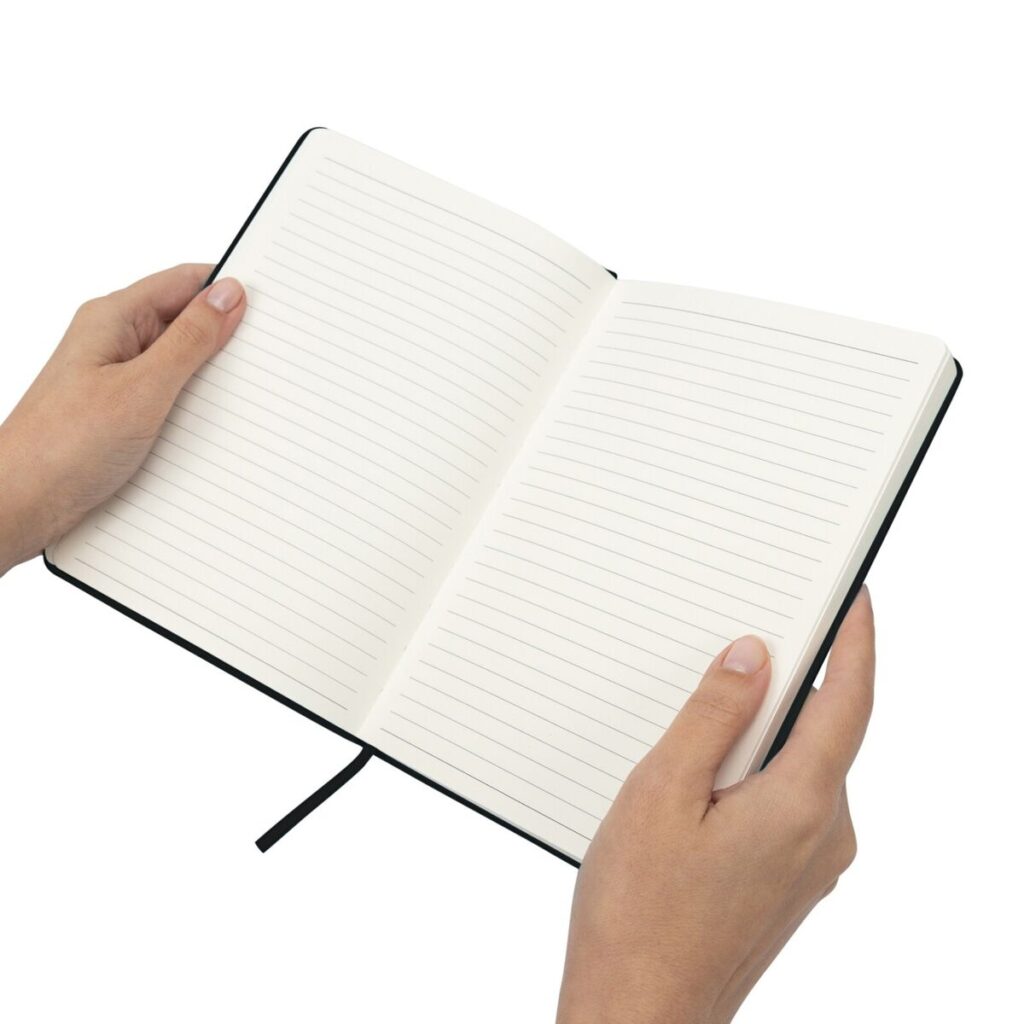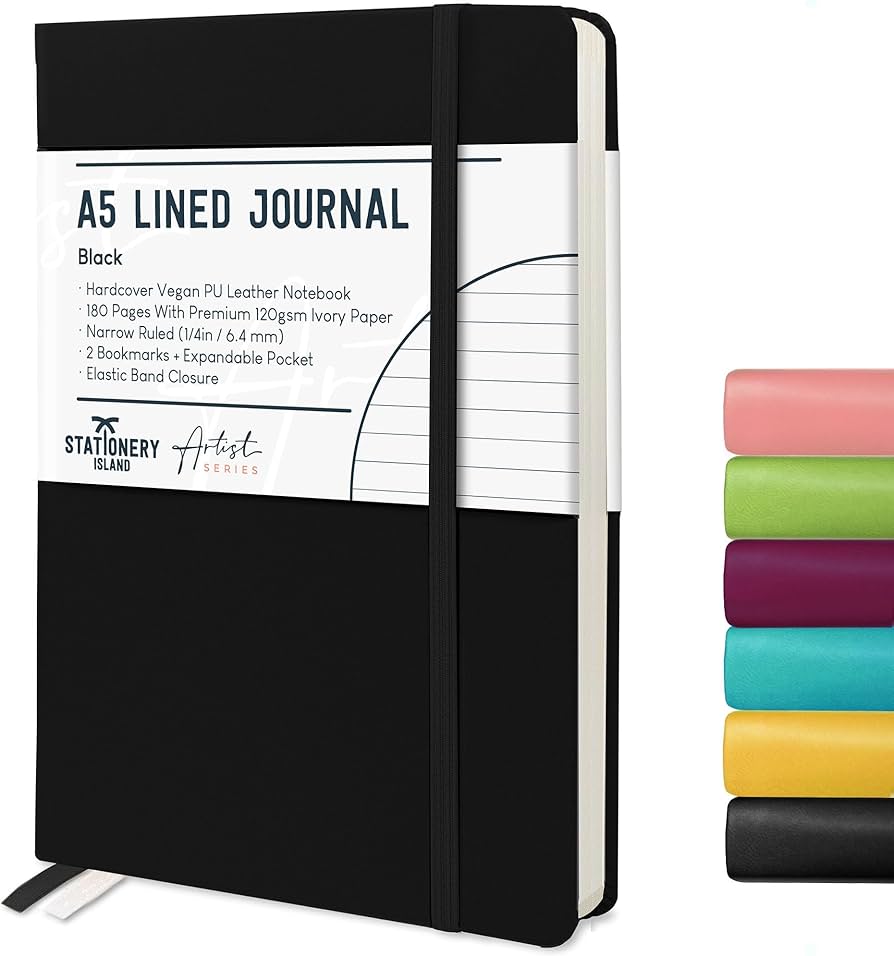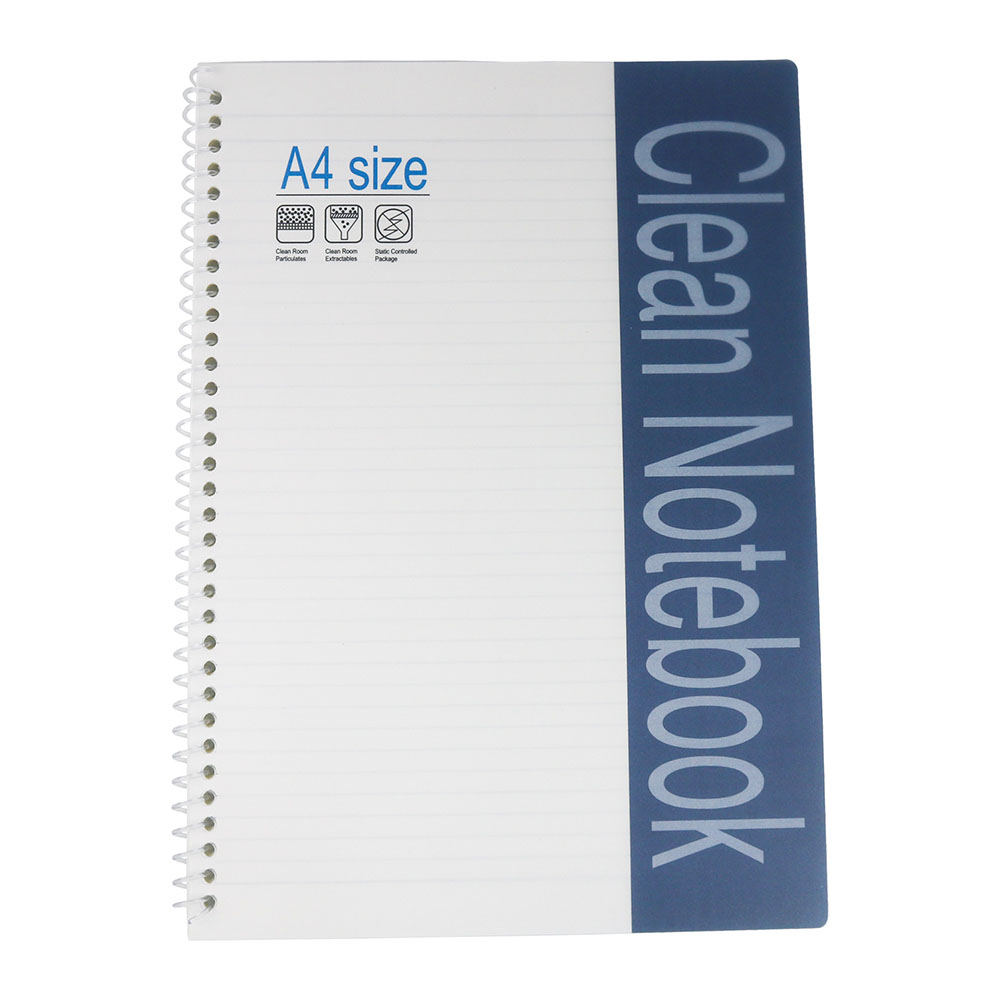Books shouldn’t be political, they should be completely and utterly free from the influence of politics, because they’re meant for our enjoyment.
If you’ve read that statement and just written an angry paragraph in your mind, please, read on before your respond.
The statement in the headline is something I’ve seen floating around since the US Election in which known rapist, fascist and incontinent Donald Trump was chosen to be the last ever (and likely life-long incumbent) president of the United States of America. Politics will always surprise you, but it will never surprise you in a positive way.
The statement in question has been floated by many across the internet who either a) voted for the dissolution of democracy, or b) disapprove of authors and other creators using their platform to discuss social or political issues. Neither position should make a person feel comfortable attempting to close down another person’s discussion.
The notion that books should be apolitical is a misconception that often arises during times of political tension. While it’s tempting to seek refuge in literature that seems divorced from the world’s problems, the reality is that books are inherently political. From the stories we tell to the ideas we explore, literature is a reflection of the societies that produce it. By understanding the political dimensions of books, we can gain a deeper appreciation for their power to shape our thoughts and actions.
Your book community is political, because books themselves are political.
The Very Political Presence of Books
Books are the ways we share ideas.
Ideas are political.
This is the single-reason why fascistic governments seek to ban books.
Ideas are dangerous.
Having access to book is such an enormous privilege in our society, but it is always and will always be a political privilege. Governments that ‘allow’ access to books will often have qualities that demonstrate that the political class strives to improve the lives of their citizens. Governments that ‘ban’ access to books will often have qualities that demonstrate that the political class strives to control and suppress the lives of their citizens.
This is not a debatable point, it’s factual.
Access to ideas, including those that run counter to the sitting government’s narrative, is a political privilege.
You need only look at any majority right-wing society on this entire planet to know that your perceived right can be legally removed by a sitting government.
The Very Political Content of Books
There is no such thing as a book free of politics.
Politics inform our lives and shape our perceptions in almost every conceivable way. There is no way to separate a person from their politics, and as a result, there is no way to separate the politics of the author from their works. By reading a book, you are ingesting an author’s politics. Ingesting doesn’t mean indoctrination; you are still in control over your beliefs. In most cases, you can accept or refuse these politics, but in many others, the author’s politics presented via the narrative they’re crafting, can be compelling enough to challenge your own political position.
This is true of any book – all books! Yes, even your minotaur rutting smut has this unique ‘problem’. The storytelling mechanism, the way characters interact with one another, the personal problems they deal with, how they overcome their difficulties, how they ‘win’, how they ‘lose’, was all crafted by an author who has politics, and therefore the story they create is inherently political.
Nobody is politically neutral; not you, not the author, not the protagonist, not the antagonist, not the one-line side character, and certainly not the minotaur. If you exist in reality, or even in ideas alone, you are political.
If you’ve gotten this far and you’re thinking: “But, Dan, I’ve read plenty of books that aren’t political…” then please proceed to the next heading.
The Perception Of The Non Political Books
A book that is non-political is simply a book that shares your politics: the author is a peer, from the same side of the political spectrum, or is challenging the same ideas that you’re challenging internally too, whether or not you’re aware of it. Non-political is a mask for ‘shares my politics’.
Here’s the rub: what happens when your perceptions change, or your politics change? All of a sudden a book you loved as a youth is now filled with ‘propaganda’, without changing a single word.
This is true of governments too – in the USA as we speak, books on wellness and education around LGBTQ+ and “Black” History (read as: American History), are being removed. They were written and published in a tolerant, education-centric world, but as these states are making a sharp right-turn into fascism, the first things to go are the ones that challenge the current political narrative.
Today your non-political book may be burned by a future government who disagrees with its perceived message.
So why are content creators online decrying ‘politics’ in their community? Because they’ve just had the uncomfortable realisation that their peers don’t feel the same as they do about these issues, and silencing discourse (hiding from the problem) is seen by them as the most effective strategy to stop themselves feeling isolated from the community they love.
There’s a light at the end of the tunnel for those so desperate to seek out ‘apolitical literature’. I’ve done some exhaustive research, and found some books that are the most ‘free of politics’ that modern literature has to offer, for your enjoyment:



The truth is, it doesn’t matter one whit that you don’t want to see politics in your books – because the governments do see it, and they will take your favourite novel from your hands for being too political, and burn it, vilifying you for daring to care for that story.
But sure, stay neutral, see what happens.
